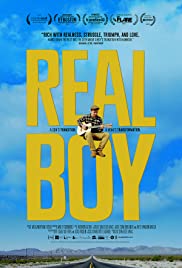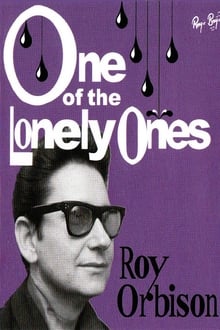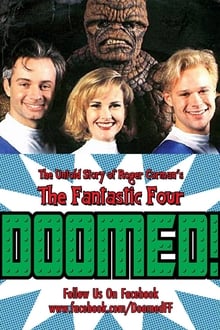
‘Smiling Through the Apocalypse’ chronicles a man whose editorial instincts produced one of the greatest magazines ever: Harold Hayes, the swinging editor and cultural provocateur of the iconic Esquire Magazine of the Sixties. Through the narrative of his son Tom, a journey ensues opening unprecedented access to some of the Esquire magazine’s most compelling talents, from Nora Ephron to George Lois, and Tom Wolfe to Gore Vidal. The film is a story of risk, triumph, and challenge told by the people that helped make the magazine great, and a son who only come to understand his father’s editorial greatness 23 years after his passing.
You May Also Like

Exploring their identities as witches in today’s world, three millennial women set out to discover if their ancestors’ rituals and sacred places can help them channel their gifts and reclaim their power.

One man with a website who forever changed the media paradigm, upending the traditional press and changing the ground rules of political journalism.

Film journalist and critic Rüdiger Suchsland examines German cinema from 1933, when the Nazis came into power, until 1945, when the Third Reich collapsed.

REAL BOY is the coming-of-age story of Bennett Wallace, a transgender teenager on a journey to find his voice-as a musician, a friend, a son, and a man. As he navigates the ups and downs of young adulthood, Bennett works to gain the love and support of his mother, who has deep misgivings about her child’s transition. Along the way, he forges a powerful friendship with his idol, Joe Stevens, a celebrated transgender musician with his own demons to fight.

Aus der Ferne is a personal travelogue, a documentary about a trip through Turkey. Thomas Arslan, who filmed the journey himself, undertook the trip in May/June 2005. The route takes him through Istanbul and Ankara to Gaziantep in the southeastern part of the country, from there further eastwards via Diyarbakir and Van to Dogubayazit near the Iranian border. The film describes moments during the journey that differ from the usual motifs that inform the image of present-day Turkey – from impressions of day-to-day life in such Western cities as Istanbul and Ankara all the way to regions in the country’s easternmost territory that were locked in battle until recently.


Explore the life of Sharon Preston-Folta, the daughter of American icon and legendary jazz musician Louis Armstrong. To the world, Louis Armstrong is iconic — a symbol of musical genius, unparalleled success, and unassailable character. To Sharon, he was simply Dad.

Historian James Bulgin reveals the origins of the Holocaust in the German invasion of the Soviet Union, exploring the mass murder, collaboration and experimentation that led to the Final Solution.

A history of the ill-fated 1994 production of “The Fantastic Four” that was executive produced by Roger Corman.

The decade that began with peace and love was shattered in the late 1960s amidst riots, assassinations and a war that wouldn’t end. The Rolling Stones became the voice of this new era, which came to a horrific end at the Altamont festival.

A modern day Walt Disney, Will Vinton picked up a ball of clay and saw a world of potential. Known as the “Father of Claymation,” Vinton revolutionized the animation business during the 80s and 90s. But after 30 years of being the unheralded king of clay, Will Vinton’s carefully sculpted American dream came crumbling down. Structured around interviews with this charismatic pioneer and his close collaborators, the film charts the rise and fall of the Academy Award and Emmy winning Will Vinton Studios.

After losing sight in 1983, John Hull began keeping an audio diary, a unique testimony of loss, rebirth and renewal, excavating the interior world of blindness. Following on from the Emmy Award-winning short film of the same name, Notes on Blindness is an ambitious and groundbreaking work, both affecting and innovative.